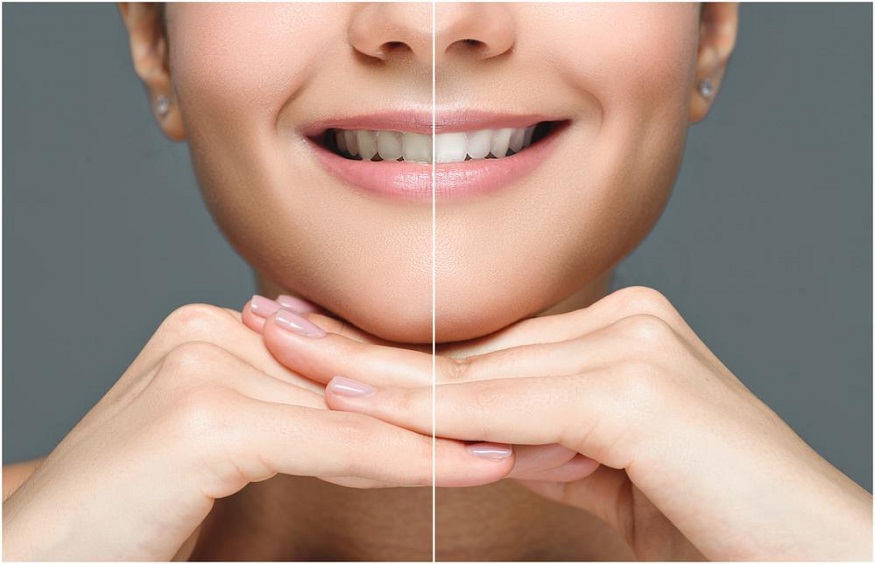Teeth Whitening is considered to be a relatively safe oral treatment. However, it is expected to experience sensitivity after the procedure is done. The sensitivity does not last long, but for the time being, it can cause discomfort. The discomfort can be there for a few days.
There are various things that you can do to minimize the discomfort and feel relief from the pain. In Houston, residents can easily find dental clinics that offer various oral healthcare services. Sensitivities following teeth whitening treatment can be there for different reasons, which we will be discussing in this blog.
Your enamel becomes permeable when the therapy increases the sensitivity. If you want to get a brighter-looking smile, you can contact a dentist in Houston. There are various options that you will come across, and you can choose according to your needs.
What can lead to sensitivity?
There are various things that can lead to sensitivity; some of those reasons are listed here:
- There is a gel that is used during the treatment, which can expose the dentin layer and make it sensitive.
- There are some whitening trays that may put a lot of pressure on your teeth, making them sensitive for a while.
- Dentists also make use of bleaching gels, which can result in irritation, and the person may experience sensitivity as well.
- Sensitivity can be there if the gel comes in contact with your gums.
What are the steps you can take before getting teeth whitening done?
Specific steps or preventive measures are there that can help you avoid sensitivity; some of the steps are briefly discussed below:
-
Making use of a desensitizing toothpaste:
From the time of your treatment, ten days prior, you can start using desensitizing toothpaste. Such toothpastes have properties that can help you reduce or block pain signals. You can even let the toothpaste stay on your teeth for a while to make it more effective. Leave it there for a few minutes, and it should work fine.
-
Taking medications to manage pain:
There is ibuprofen that you can take before getting tooth whitening done. The medication will start working when you will be having your treatment, minimizing the sensitivity and pain as well. You can even take them after the treatment is done to make sure that you are not feeling any sensitivity anymore.
-
Desensitizing gel before the treatment:
The gel should only be used before the treatment begins. You need to leave the gel on your teeth after applying for a while (as recommended by a professional). After this, you should rinse it off from your teeth.
What should you do after teeth whitening?
There are a few things that you can do after the treatment is done, this is to ensure that your teeth are in good condition:
-
Do not have anything cold or hot right after the treatment:
You should know that after the treatment is done, your teeth are going to remain sensitive for at least a day or two. Therefore, avoid having food items that can trigger sensitivity and make it worse. Anything that is too hot or too cold can be problematic.
-
Acidic food items and drinks need to be avoided:
Any citrus fruits or sodas need to be avoided during this time again for the same reason. Sensitivity levels can increase if you continue having such drinks or fruits.
-
Gently brushing your teeth:
Make sure that you are using a soft-bristled brush and being gentle on your teeth. Please make use of lukewarm when rinsing; it is used again to avoid sensitivity.
Get a brighter-looking smile today!
If you want to enhance the appearance of your teeth and flaunt your smile without hesitation, book your appointment today. A dentist can thoroughly assess the condition of your teeth and tell you what the best treatment method for you will be. They will also make sure that you remain comfortable throughout the treatment.



